I’m really bad at holding things in. So before I get into delivering unsolicited advice to salespeople (or anyone else) who wants to try their hand (and ego) at stand-up comedy (my next post), I need to air some feelings. If you already understand the distinction I’m about to make, please forgive me. Hopefully, this blog post will entertains as it patronizes.
Stand-up comedians are a rare breed. They buck societal conventions when they take the stage. A lot of them buck conventions off it. If something needs a good bucking, comedians are up to the task. Any stand-up comic will tell you that mankind is divided into two kinds of people:
1) Those addicted to telling jokes to strangers;
2) Those who aren’t.
As a result, stand-ups feel a kinship with one another. They experience things only their fellow stand-ups can relate to, like how logical, mundane observations morph into hilarious absurdities; the ebbs & flows of a crowd’s attention & energy, and the heckler who thinks they’re the talent everyone paid to see, but will never get on a stage to prove it. Stand-up’s the only career where some people pay a fee to prevent you from doing your job – and it’s tolerated.
Occasionally, when I tell a new acquaintance that I sold for 12 years, and have been performing stand-up for 7, they instantly bring up that their friend is also a comedian – they do improv. While improv can most be definitely a form of comedy, that’s like saying “Oh, you’re a beekeeper? I know all about that. My friend’s a dairy farmer”. Sure, both revolve around getting sustenance from living things, but each one poses a different set of skills and risks.
To the practitioners, the “stand-up vs. improv” debate is more polarizing than the stuff sunglasses lenses are coated with, and by “practitioners”, I mean “stand-up comics”. Improv people don’t stress over this because they’re too distracted by positivity and pushing things forward.
Three key differences between the two to underline: 1) Stand-ups are alone on stage, whereas improv folks are onstage with 2-3 other teammates. 2) Stand-ups craft repeatable messaging designed to sell our audiences on ideas & things we find funny. Improv teams are creating stories on the spot, which forever disappear the moment they’re completed – all to never be recreated again. 3) Did I mention that improv folks are positive?
Improv teaches skills valuable for any salesperson: listening, being in the moment, trust, teamwork, and positivity. If you want to be a dour jerk or don’t listen to your prospects needs, it’s probably not too late for some other career (unless you’ve gotten into sales because you’ve failed at everything else).
Listening to a prospect is a must. Doing so allows you to understand their needs, and determine whether or not your product/service can help them address those needs, saving the salesperson time in the process. Some of those skills serve stand-ups well too.
That said, there’s a reason why humans prefer generally prefer a catchy song to free-form jazz, and why a band will open up with a huge, crowd-pleasing hit to start their concerts. When a comedian has a proven, gut-busting opening joke with which they use open their set, the crowd warms up and gives them the trust, respect, & attention needed to get their other messages across. That messaging is typically crafted, rehearsed, and delivered with a certain cadence & timing. The challenge for the stand-up (or salesperson) is to keep showing the audience that they relate and understand, or to show them something they had never even considered. They need that attention to get their carefully-worded (and thought-out) messaging across.
When I sold software, and once those needs were known, I delivered a fairly scripted performance that was tailored to my prospect’s needs and which I adapted to my own style. I opened a certain way, closed a certain way, and in the middle came a demonstration, where the prospect was shown a carefully customized demonstration designed to show exactly how their needs will be met. The repetition of common sales objectives allows the rep to become quicker and sharper at handling them. If a prospect’s needs are understood and addressable by the vendor, the conversations shouldn’t stray too far from certain norms.
In closing, any salesperson can benefit from skills learned from both stand-up & improv, but each has very different applications. On the other hand, beekeeping lessons will not help you close more business – unless you’re selling honey.
4-27-2021 update:
Oh hey! If you’re an SDR. AE, or leader looking for a playbook of messaging that can help you or your team stand-out, my new live cohort classes are worth exploring.

